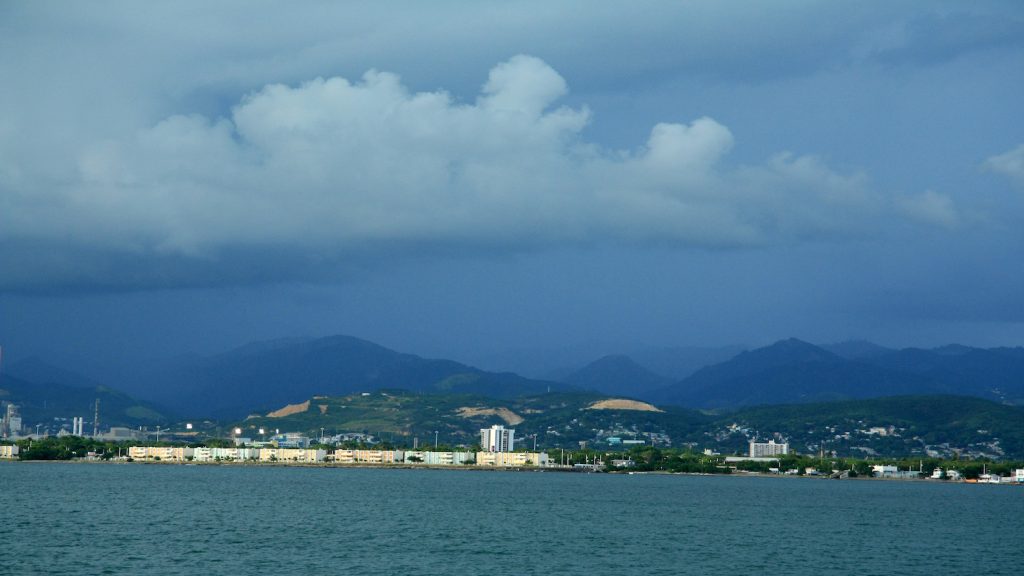Developing Long-Term Urbanization Scenarios for the Caribbean LCC as Part of the Southeast Regional Assessment Project

Principal Investigator: Jaime Collazo, USGS North Carolina Cooperative Fish and Wildlife Research Unit
Project Completion: September 2014. This project has now been completed.
Implements Science Plan Theme: 2
Overview
The Southeastern United States spans a broad range of physiographic settings and maintains exceptionally high levels of faunal diversity. Unfortunately, many of these ecosystems are increasingly under threat due to rapid human development, and management agencies are increasingly aware of the potential effects that climate change will have on these ecosystems. Natural resource managers and conservation planners can be effective at preserving ecosystems in the face of these stressors only if they can adapt current conservation efforts to increase the overall resilience of the system. Climate change, in particular, challenges many of the basic assumptions used by conservation planners and managers. Previous conservation planning efforts identified and prioritized areas for conservation based on the current environmental conditions, such as habitat quality, and assumed that conditions in conservation lands would be largely controlled by management actions (including no action). Climate change, however, will likely alter important system drivers (temperature, precipitation, and sea-level rise) and make it difficult, if not impossible, to maintain recent historic conditions in conservation lands into the future. Climate change will also influence the future conservation potential of non-conservation lands, further complicating conservation planning. Therefore, there is a need to develop and adapt effective conservation strategies to cope with the effects of climate and landscape change on future environmental conditions.
Traditional urban growth models are very localized and data-intensive and lack the capability to be applied across large regions, in response to these limitations the North Carolina Cooperative Research Unit began using the USGS SLEUTH urban growth model to develop urbanization scenarios as part of the Southeast Regional Assessment Project (SERAP). Extensive modifications of the model framework and calibration were undertaken that resulted in the ability to rapidly develop urbanization scenarios for very large regions, such as the Appalachian and Gulf Coastal Plain Landscape Conservation Cooperatives (LCCs). This new modeling effort allows LCCs to address fundamental questions that affect conservation planning over decadal time scales. This project extends the long-term urbanization modeling already undertaken for the South Atlantic, Gulf Coastal Plains and Ozarks, and Appalachian LCCs as part of SERAP into the Caribbean LCC.
